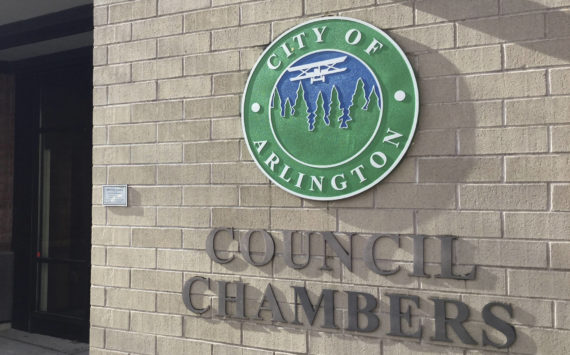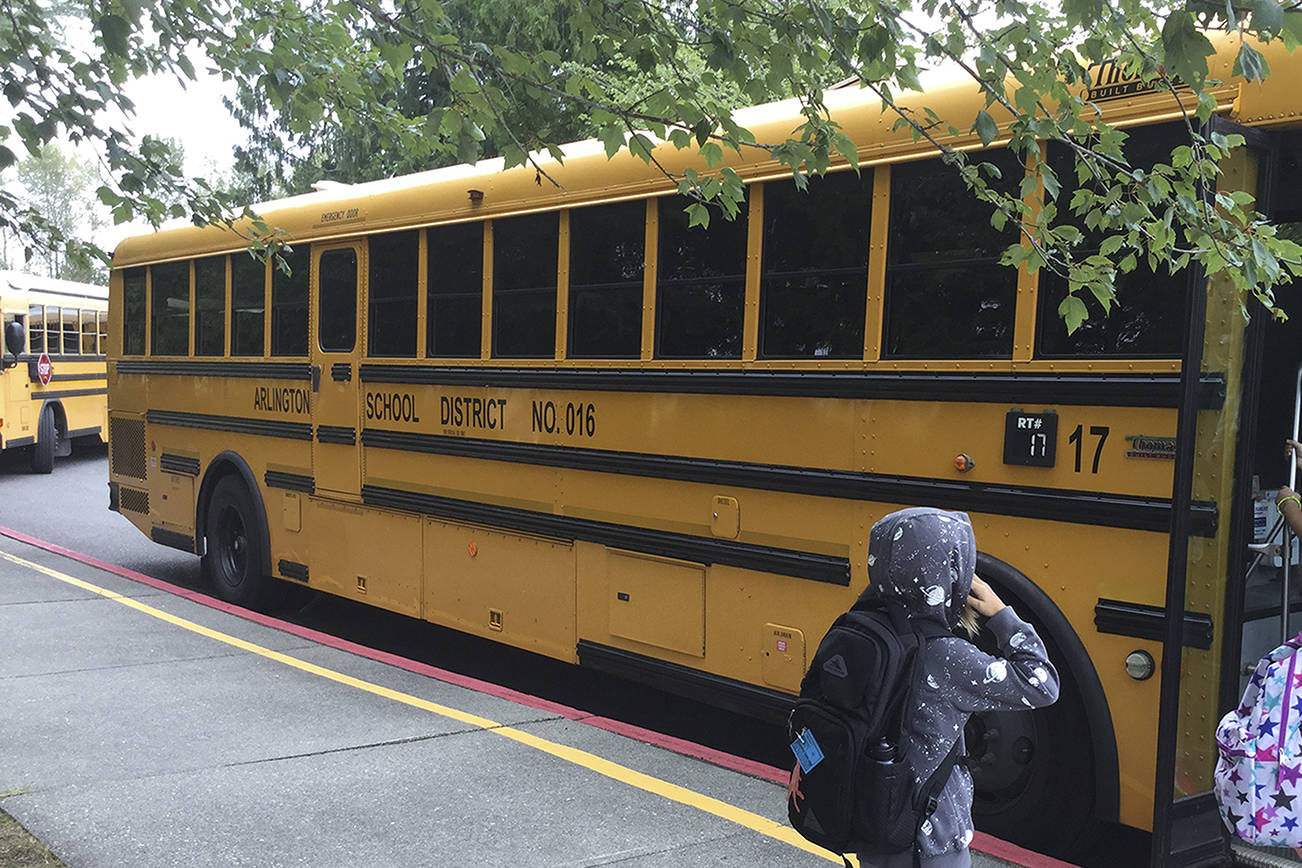ARLINGTON – Facing mounting EMS costs and unmet public safety needs, the city is proposing an ambulance utility fee of $15 that would appear on residents’ monthly utility bills as early as August.
A public hearing to establish the new fee is set for a 7 p.m. Monday at the city council meeting in the Council Chambers, 110 E. Third St. The public is welcome to attend and share their comment on the fee proposal.
The council for years has been wrestling with the concept of how to fund EMS services in a more sustainable way.
City Administrator Paul Ellis said the proposed fee isn’t a case where the city is trying to save money.
“It was putting a resource plan together that we were able to achieve with the least amount of impact to the ratepayers,” City Administrator Paul Ellis said.
The fee applies to single-family, commercial, multi-family residential and government units, consistent with the structure used in a previous utility rate study, City Attorney Steve Peiffle said.
The new fee includes provisions for low-income senior citizens and low-income disabled households consistent with existing city utilities.
If a customer already qualifies, they don’t need to sign up again. Ellis said it’s interesting that they have 88 accounts in the city that qualify or take advantage of the program.
While fielding calls after the city sent out a mailer about the fee to 8,000 customers, some weren’t aware that they were eligible for discounts.
If the council adopts the fee, the city would move immediately to hire two police officers. In addition, three fire personnel and a third police officer would be hired over the next three years and possibly by next year if grant funding is awarded sooner.
Operational needs met by the fee would include a grant-funded community resource paramedic, domestic violence coordinator for the prosecutor’s office, equipment replacement, fire inspecdtion and fire marshal services, and continued funding for the city’s embedded social worker if the grant expires.
The fee would also do away with regular interfund loans that have been needed in recent years to meet cash flow needs, Ellis said. The proposed ordinance also includes provisions for an increase in the fee each Jan. 15 based on the Seattle CPI.






